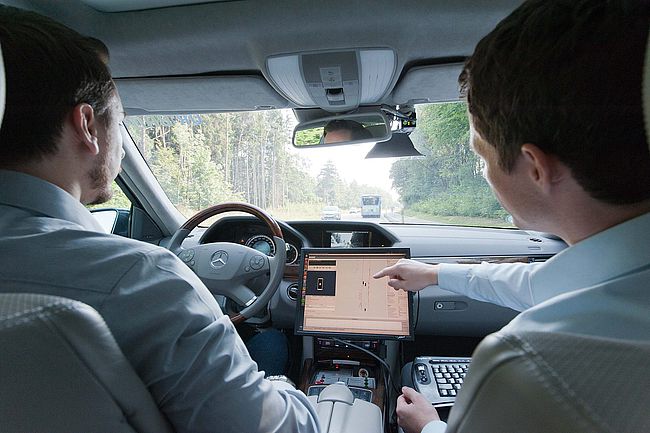
Master of Science (MSc)
Communications and Computer Engineering
More about the course
Neben den klassischen Lehrveranstaltungen erarbeitet sich der Studierende verschiedene Themengebiete auch in Projektform mit Seminar- und Praktikumsanteilen, um das Wissen nicht nur theoretisch zu vermitteln, sondern auch im praktischen Einsatz zu erfahren und lösungsorientiert umzusetzen, und um die Teamfähigkeit zu stärken. Neben den forschungsorientierten Projekten der Universität wird dabei insbesondere eine freiwillige Industriepraxis gefördert.
Academic Degree
Master of Science (MSc)
Type of Study
- full-time
Study Curriculum
Application
Admission regulations
Start of Study
- each summer and winter semester
Language of instruction
- German and English
Admission Requirements
- no restriction
ECTS Credits
120
Standard Period of Study
4

